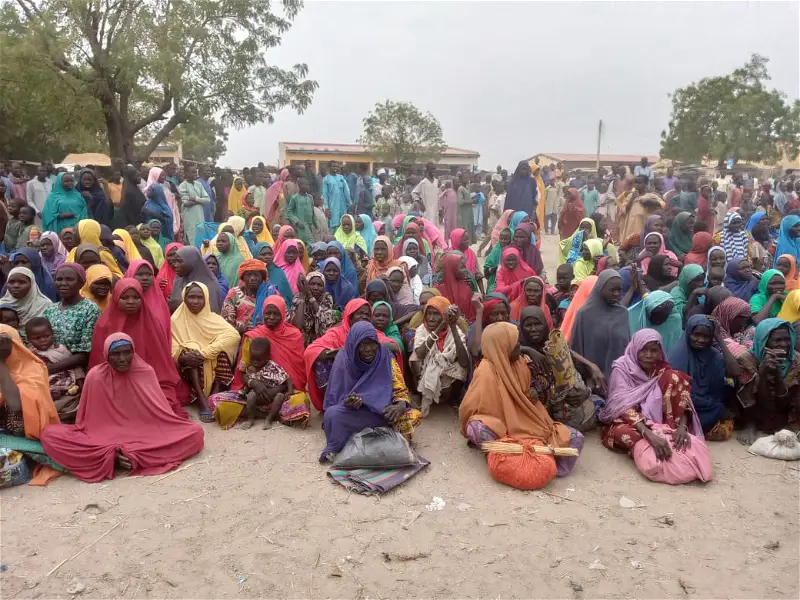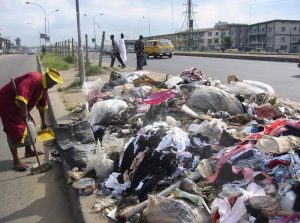
Benue State, Nigeria is currently facing a significant challenge with its Internally Displaced Persons (IDP) camps, which have become a hub for over 1.5 million people.
Displaced by violent attacks from armed herdsmen, residents of rural areas such as Guma, Agatu, and other local governments have taken refuge in these camps. Now, a new issue has emerged: a surge in the birth rate among camp residents.
The Ortese IDP camp in Guma Local Government Area reported over 200 births in just one month, according to findings from the United Nations Children’s Fund (UNICEF) and the World Health Organization’s (WHO) Humanitarian Health Response initiative. This influx of newborns is putting a strain on already limited resources, exacerbating problems like malnutrition and inadequate healthcare.
Despite the challenging conditions, IDPs continue to seek solace in family life. Anngu, a resident at Ortese, explained, “Though we live in the camp we find space to sleep with our wives. When we do that we are happy with each other and it helps us reduce the pains we are going through.”
However, many families are not utilizing the family planning methods available to them. Anngu shared his own approach, stating, “I ensure that [my wife] uses the family planning products that were given to her by the healthcare people. But the truth is that many are not using it.”
Mrs. Grace Wende, Executive Secretary of the Benue State Primary Health Care Board, expressed concern over the high birth rate. “Today alone we noticed that there are 200 new births per month. It is quite high, and government needs to do something about it,” she stated. She emphasized the need for increased advocacy, especially targeting men, noting, “We need to intensify demand creation generation, especially among the men because they took the problem there. The women are willing but their husbands are resisting those family planning methods.”
Wende also highlighted a broader social issue within the camps: “Our findings indicated that the women there are helpless. Some women are remarrying within the camp, their husbands are not there; the husbands are also remarrying. They are also, sort of negotiating sex with the women within the camp. Those things are things that require that we intensify our advocacy and decision making within the camps.”
Authorities, including the State Emergency Management Agency (SEMA) and camp coordinators, are being urged to ramp up support and advocacy efforts to address the reproductive health needs and overall well-being of IDPs in Benue State.








